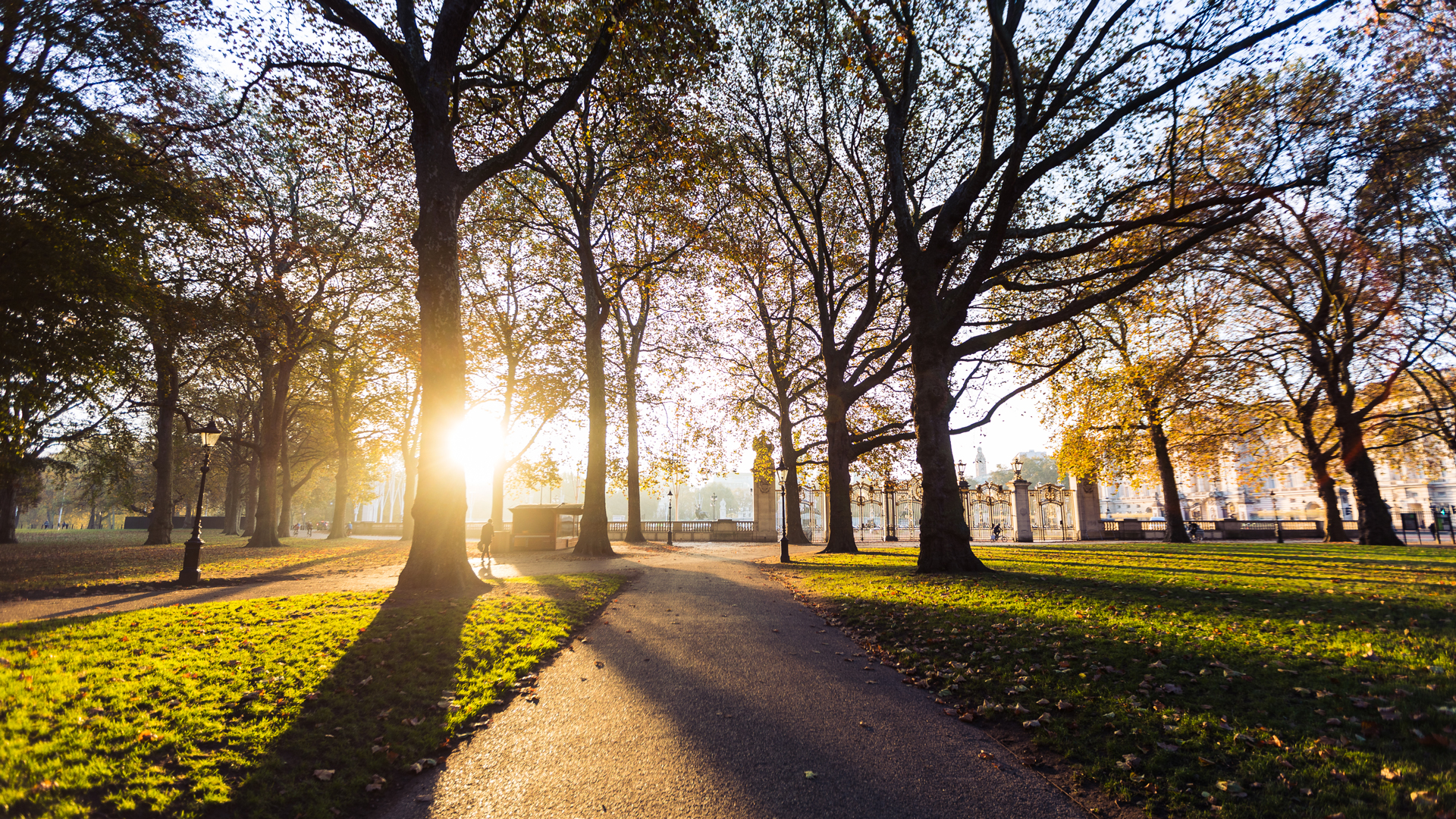When do the clocks go back in 2022?
Get ready for an extra hour in bed on Sunday October 30 2022 when the clocks change


It's that time of year again when soon the clocks will go back, signalling the start of dark, wintry evenings.
The good news is this means mornings and evenings start getting lighter. Which arguably makes it easier to get up and cope with the dark mornings still to come. So it's not all doom and gloom!
This is when the clocks will go back this month and when you might need to think about resetting the time in your car and on your oven...
When do the clocks go back in 2022?
This year, Daylight Saving Time (DST) officially ends at 2am on Sunday 30 October, which means that the time will revert to 1am, according to Gov.uk.
So, if you wake up at 8am this Sunday, it's actually 7am and you can have a lie-in (though, as most parents will attest, this doesn't apply if you have young kids).
These days, most smartphones do the job for you and put the time on your phone back by an hour. So if you set your alarm on your phone, it will still go off at the right time.
However, you'll need to change any watches and most clocks in your home, including your oven clock. It's a good idea to set a reminder to do this, so you don't glance at the kitchen clock and make the classic mistake of thinking it's an hour later than it actually is.
GoodtoKnow Newsletter
Parenting advice, hot topics, best buys and family finance tips delivered straight to your inbox.

When does British Summer Time end in 2022?
British Summer Time officially ends at the same time as when the clocks go back – so, at 2am on Sunday 30 October.
To help adjust to the one-hour shift in time this weekend, try going to bed a little earlier on Sunday night (if you have trouble sleeping, these tips could help). Plus, don't forget to draw your curtains before bed as mornings will be considerably lighter again.
Why do the clocks go back?
Changing the clocks isn't a new idea – it's thought that the Romans tried it. It was also suggested by Founding Father Benjamin Franklin in the 18th century, and proposed by New Zealand entomologist George Vernon Hudson in 1895.
Then, in 1907, Edwardian builder William Willett (the great-great-grandfather of Coldplay's Chris Martin, no less) started campaigning for British Summer Time as a way to increase daylight hours and save millions on lighting costs. His idea was rejected until WWI when the campaign gained traction as a way to save on coal. When the Summer Time Act was finally passed in May 1916, and the clocks put forward an hour, Germany had already implemented the scheme. Most countries in Europe and North America followed suit.
On March 2019, the European Parliament voted to abolish Daylight Saving Time, but it's unlikely the UK will stop the system.

Debra Waters is an experienced online editor and parenting writer. She also has a strong background on health, wellbeing, beauty, and food. She currently writes for Goodto and Woman&Home, and print publications Woman, Woman’s Own, and Woman’s Weekly. Debra has written for What to Expect, Everyday Health, and Time Out. In addition, she has had articles published in The Telegraph and The Big Issue.